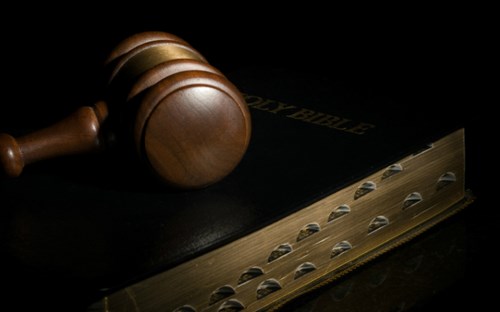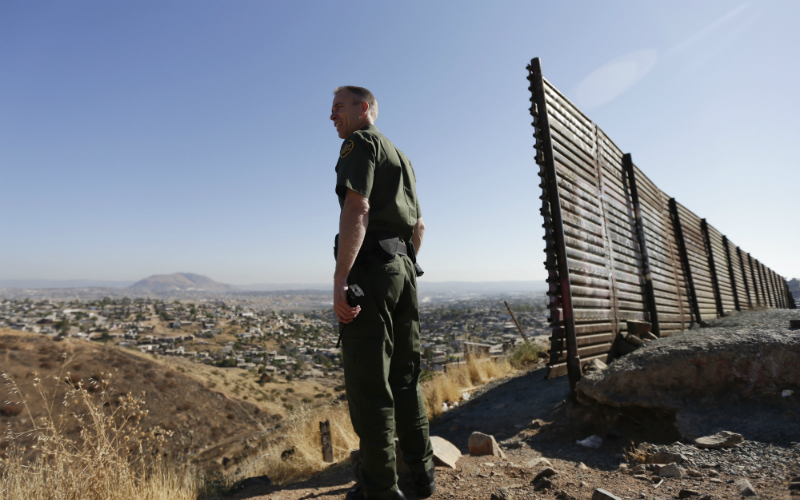In a 4-3 decision, the Wisconsin Supreme Court ruled when Catholic Charities feeds the poor or helps the homeless, it's not performing a religious activity and is therefore not exempt from the state's unemployment tax.
Writing for the majority, Justice Ann Walsh Bradley said Catholic Charities offers services "that would be the same regardless of the motivation of the provider, a strong indication that the sub-entities do not ‘operate primarily for religious purposes.'"
Such controversial legal ruling about religious faith is why the Wisconsin case is being watched closely by faith-based groups operated by Muslims, Sikhs, Mormons, and Jews, according to an Associated Press story about the ruling.
 Becket Fund for Religious Liberty, which represented Catholic Charities, has vowed to appeal the ruling to the U.S. Supreme Court.
Becket Fund for Religious Liberty, which represented Catholic Charities, has vowed to appeal the ruling to the U.S. Supreme Court.
Becket attorney Nick Reaves tells AFN the decision was wrong because Catholic Charities is exercising its religious rights by helping the poor and hungry.
“Unless you are engaged in religious worship,” he says of the ruling, “any other activity – even if it's serving the poor out of a religious spirit – is not religious.”
In a strongly worded dissent, Justice Rebecca Bradley wrote, “The majority's misinterpretation also excessively entangles the government in spiritual affairs, requiring courts to determine what religious practices are sufficiently religious under the majority's unconstitutional test.”
Justice Bradley’s dissenting opinion mirrors the so-called “spaghetti supper test” for churches in Massachusetts. After a state public accommodation law added “gender identify” in 2016, a human rights commission told churches they were required to abide by the law because they are open to the public.
That religious liberty fight never went before a judge, however, because state officials backed down after a lawsuit was filed by Alliance Defending Freedom on behalf of four churches.
“If you're asking a court to determine which activities are or are not religious,” Reaves argues, “that entangles the court in some really complex theological questions the court shouldn't get involved in.”







